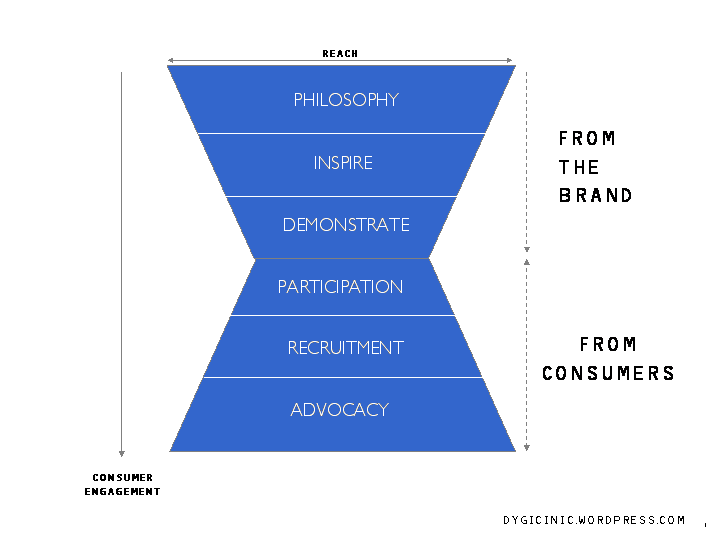 Talking with a friend today over lunch, we were discussing the frustrations and enormity of creating change in the workplace. Especially when one is still young, ambitious, and full of ideas.
Talking with a friend today over lunch, we were discussing the frustrations and enormity of creating change in the workplace. Especially when one is still young, ambitious, and full of ideas.When any young professional comes out of school, they are often in for a rude awakening of how little change or efficacy they have.
They quickly learn that they must wait. Wait for the day for the baby boomers to keel over and retire before they can make their strike.
Going to work for a large, top heavy organization (especially government) one's spirit for change gets slowly eroded as they must wait 20 odd years or so before they have moved up the ladder enough to actually create the change the wish they want to see.
Unfortunately for most people - by the time they reach that run on the ladder, they're tired, cynical, and stuck in their ways. The enthusiasm and idealistic spirit is gone, replace by the countdown to retirement.
So what to do?
Besides quitting your job and going to work for a smaller organization who may give you that leverage (hard to do in a recession), you must consider three pillars of leveraging your influence in a large organization:
1. What is the probability of success of your idea? (Is there a market for it)
No one can totally predict the future, but providing quantifiable ways ofs to determine the probablity of success is a large reassurer for your skeptical, risk averse colleagues. Using the known to make the unknown more palatable is key for getting people on side.
2. Is your idea worth doing? (Executability)
Even if the sucess seems high, remarkable ideas are never short of hard work. Theres time, risk and effort involved, and no one likes to waste time on projects that go nowhere. Remember: it's easy to come up with ideas, but the execution is a whole different ball game. Just because you may great at generating ideas doesnt mean theres a market (see #1) or worth spending scarce resources on.
To combat the exeuction problem, determine each of your stakeholder's worldview so you can provide them with a "what's in it for me?" incentive. Some people are all about numbers, others about cool design, while other people are in love with raising the visibility of the organization or themselves.
3. Are you the right person to champion the idea?
Leaders aren't born. They're made. And leadership comes in all different types. You need to build your champion status in advance prior to putting forth your ida. The bigger the idea the more personal brand equity you will need to be taken serious. It's a given that everyone has a personal brand, but you would be surprised how few go about managing themselves to be viewed as experts in their field
Yes, you can always put yourself away for endless years at grad school and other accreditiated programs, but there are many other ways of becoming credible that don't involve thousands of dollars, and ridiculous admission requirments. Instead try creating a blog, volunteer for projects that are in line with your expertise, write an e-book, teach a course for free, offer free advice on business network forums, or even become an active member in your chamber of commerce. They key is that there are an infinite ways to become an credible source, you just have to consistently and authenitcally display it.
Barring all that, you could just become an independent consultant :)



No comments:
Post a Comment